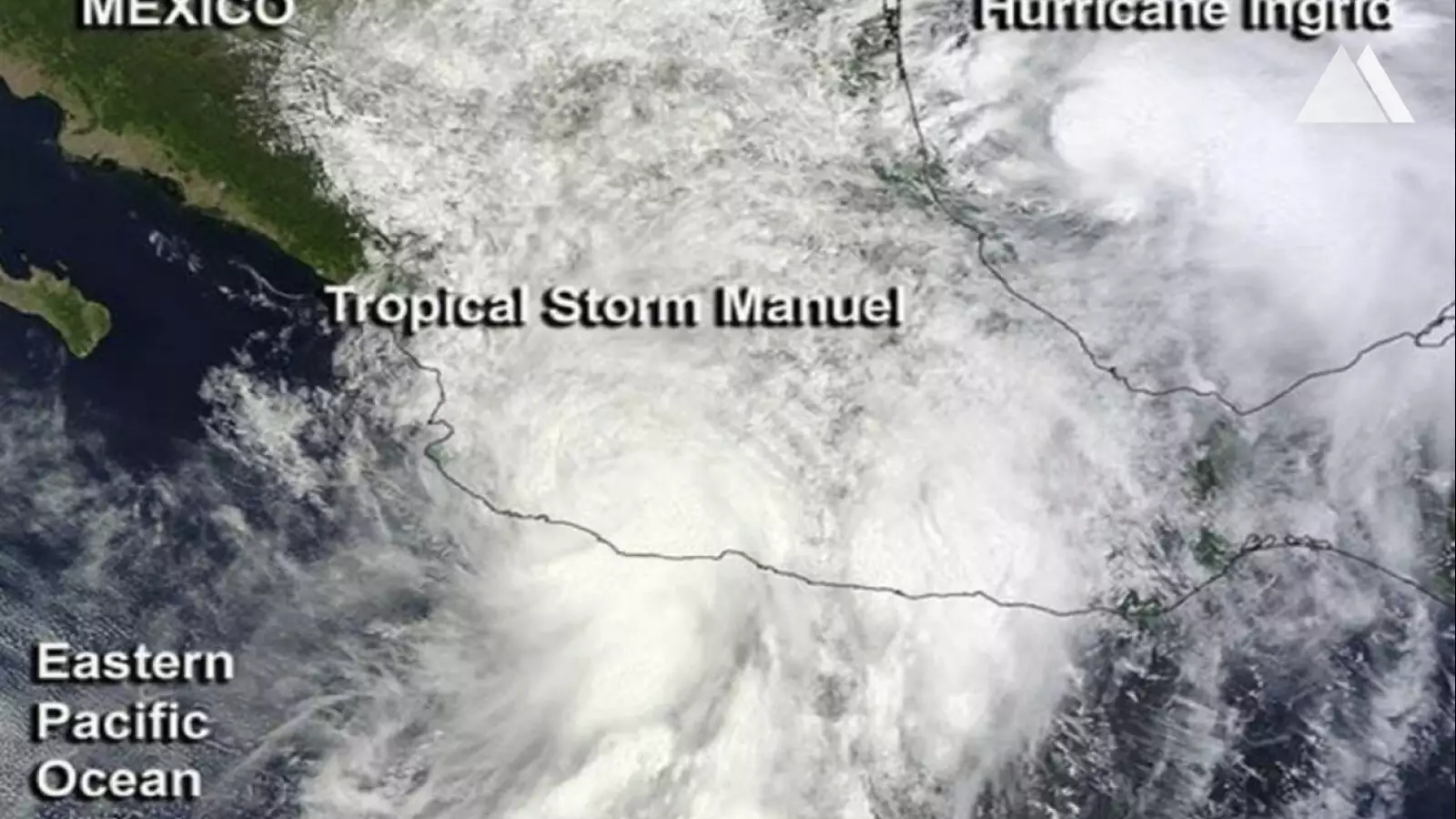myGeobrugg
Initial situation
At the end of 2013 Hurricane "Ingrid" raced across Mexico from the Gulf. Within 24 hours Tropical Storm "Manuel" likewise raced across Mexico, but from the Pacific Ocean. The devastation resulted in multiple debris flows in known flood channels at three separate stretches of roadway along the Cuernavaca - Acapulco Highway. The flood channels overflowed and caused road closures; therefore, the Federal Department of Roads and
Bridges (CAPUFE) required innovative debris flow systems along 71.1 km of Autopista 95.
Description
This project is the first debris flow barrier system installation in Mexico. During the second half of 2014 and first half of 2015 Geobrugg designed, supplied and oversaw installation of multiple debris flow barriers (as part of 8 systems) ranging from 2.5 m to 10 m high with capacity of 100 to 120 kN/m2. These barriers prevent clogging of storm sewers at the base of the roadway embankments.
CAPUFE required barriers to protect vehicular traffic on this busy major highway after the
2013 devastation caused by the simultaneous occurrence of Hurricane Ingrid and Tropical Storm Manuel. These barriers will:
- Retain a minor debris flow
- Retain a large debris flow
- Create a debris flow breaker
- Prevent culvert blockages
- Drain a collection of debris/rubble
- Divert a channel to correct its course
- Protect against scour and erosion
- Protect channel banks from erosion
Customer
Federal Department of Roads and Bridges (CAPUFE)
Contractor
ACRE SA de CV
Protected object
Road
Engineering
ACRE SA de CV
Your local contact












